Diego Maradona dies at 60
The 5’5” Argentinian former soccer star, Diego Maradona died this past Wednesday and the world of fútbol is mourning his passing. His home country enacted three days of mourning while other cities around the world are honoring his memory trying to cope with his complex legacy.
I remember watching hours of Maradona clips trying to analyze his plays. His left foot dominance and mastery at the free-kick line was unparalleled. There was such a fluency and mastery of the art that is fútbol. Widely known to be one of the greatest players to have ever graced the field, Maradona earned the title of FIFA’s Co-Player of the century in 1999 along with Brazilian superstar Pelé.
When we refer to the “greats” or “GOATs” (Greatest Of All Time), we often characterize them as “godly humans”. Maradona was different. He was plagued with an addiction to drugs, women, and the party life, but also gifted with great talent. His mistakes, which he owned up to, granted him humility and humanity; his talent gave him immortality.
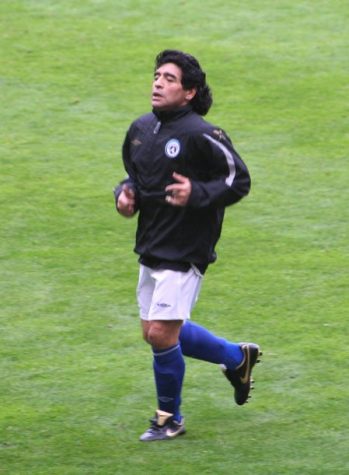
Maradona had a unique connection with the sport. From a young age, Diego endured poverty in the outskirts of Buenos Aires. The world hadn’t yet seen the talented ballplayer he was destined to be. He saw fútbol as his salvation and, in retrospect, the salvation of his country, Argentina, and the city of Naples where he played for Napoli for 7 years. At age 15, he made his professional debut with the Argentinos Juniors. He would become known as El Pibe de Oro, the Golden Boy. Maradona wasn’t just a brilliant footballer he was also a cultural icon for Argentina. He embodied everything the country and the soccer culture strove to be. In Argentina, el pibe and thus Maradona illustrated the classic rags to riches story in a country where fútbol seemed to be the only viable option for social advancement.
The 1986 World Cup in Mexico holds the best characterization of Maradona. He was a man that would win at all costs. In the quarter-final between Argentina and England, Maradona scored two goals. The first is known as the “Hand of God”; Maradona would later admit that the ball did in fact touch his hand before going into the net. The goal incited outrage among the English. The second is known as the “goal of the century,” a goal that prompted famed broadcaster Víctor Hugo Morales to call him a “comet from the sky” and ask “what planet he [Maradona] came from” as he began crying from the miracle he had just witnessed.
Meanwhile, Maradona had been playing club soccer for Barcelona and had become the most expensive player at the time ($6 million). He was later traded in 1984 to Napoli, which is seen as the peak of his club career, for $10.5 million. Napoli was a team that struggled against the other Italian competition and seemed a weird choice for someone of his caliber. Yet, Maradona ended his career in Napoli with five trophies.
It was also during his time in Naples that Maradona began to struggle with drug addiction. Addicted to cocaine and other substances, he was sent home from the World Cup for using performance-enhancing drugs. Drugs and addictions ultimately shortened his career on the field. However, he couldn’t stay away from the game for long. He would become involved in management and coaching and even coached Lionel Messi at the 2010 World Cup.
Maradona’s legacy is complex. He was a man gifted with greatness and also serious flaws. His talent spoke for itself on the field. We should never forget the beauty and greatness that Maradona inspired within us. “La pelota no se mancha.” The ball does not show the dirt.”
And neither does he.
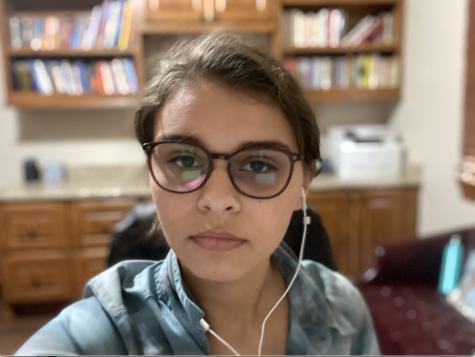
After joining The Advocate in her sophomore year, Mireya quickly fell in love with journalism, storytelling, and the community that is created and engaged...


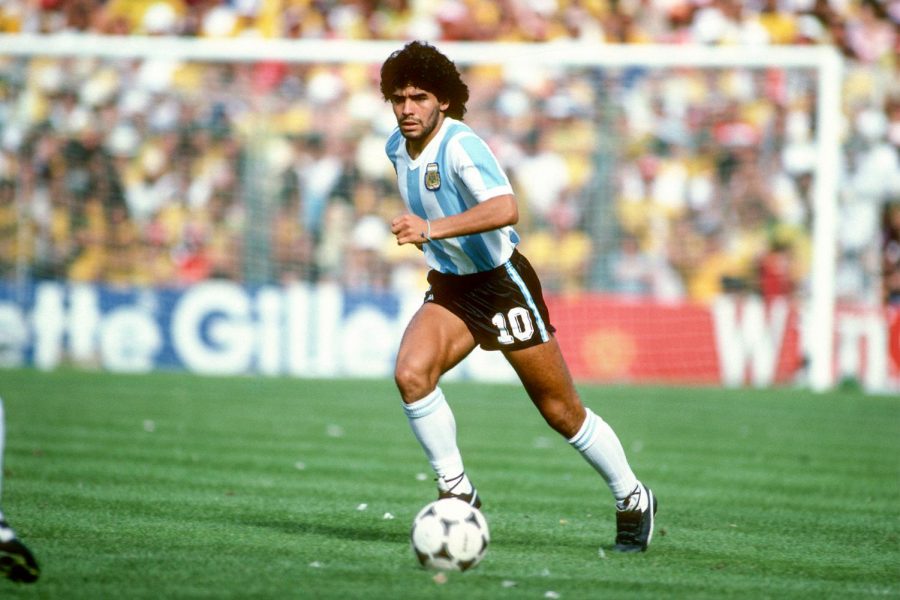
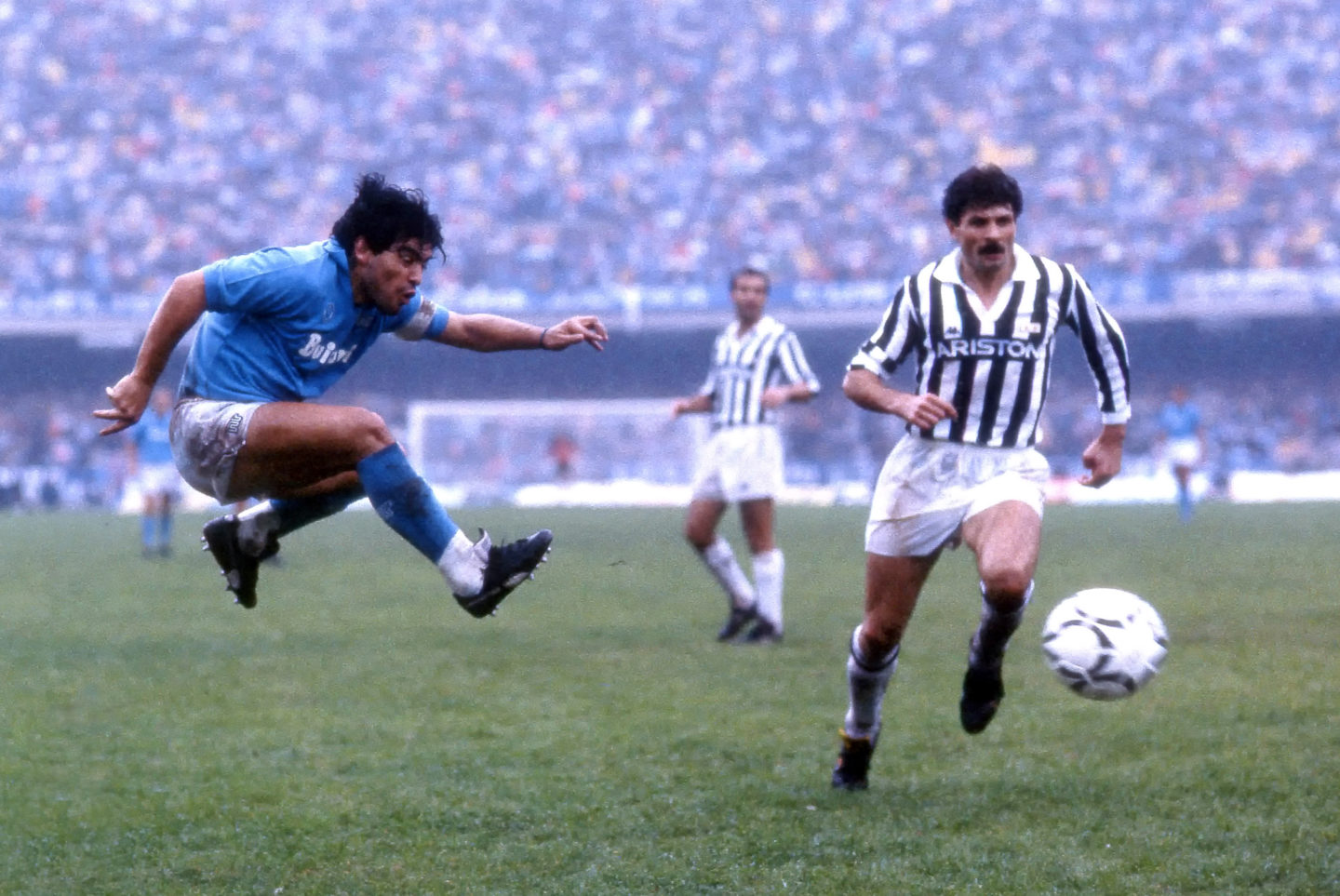
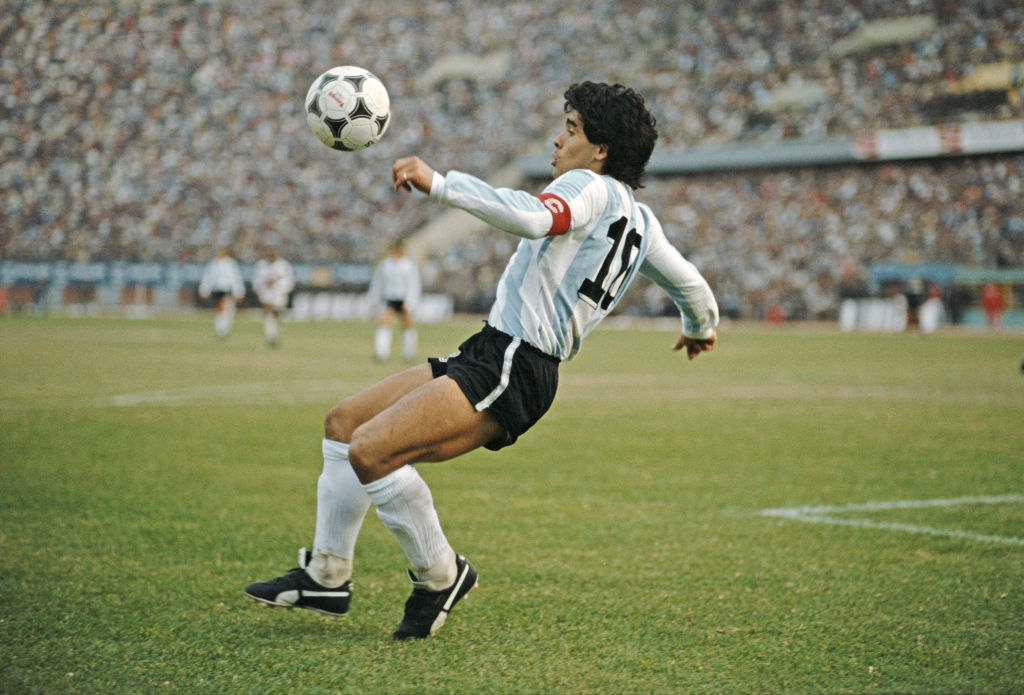
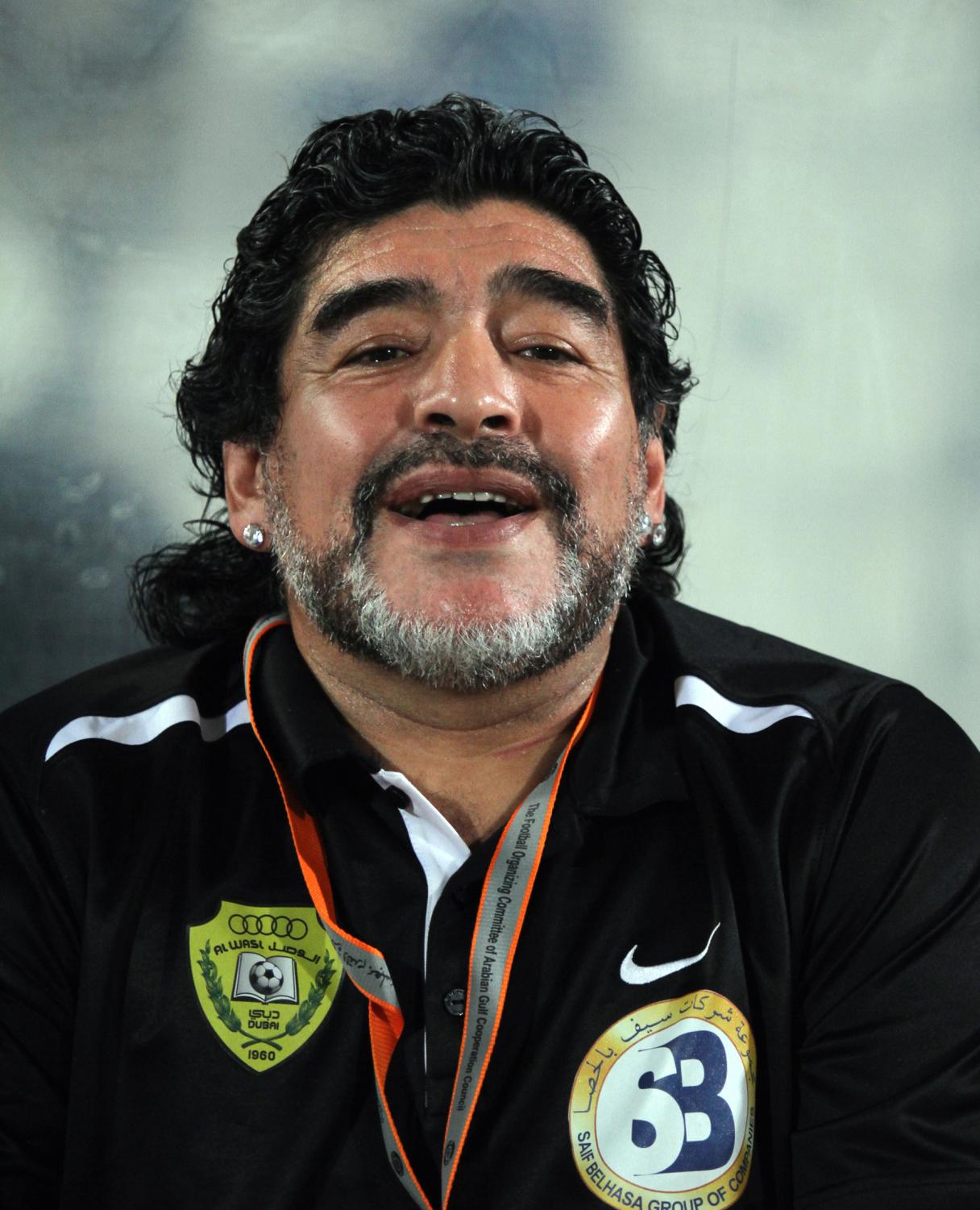
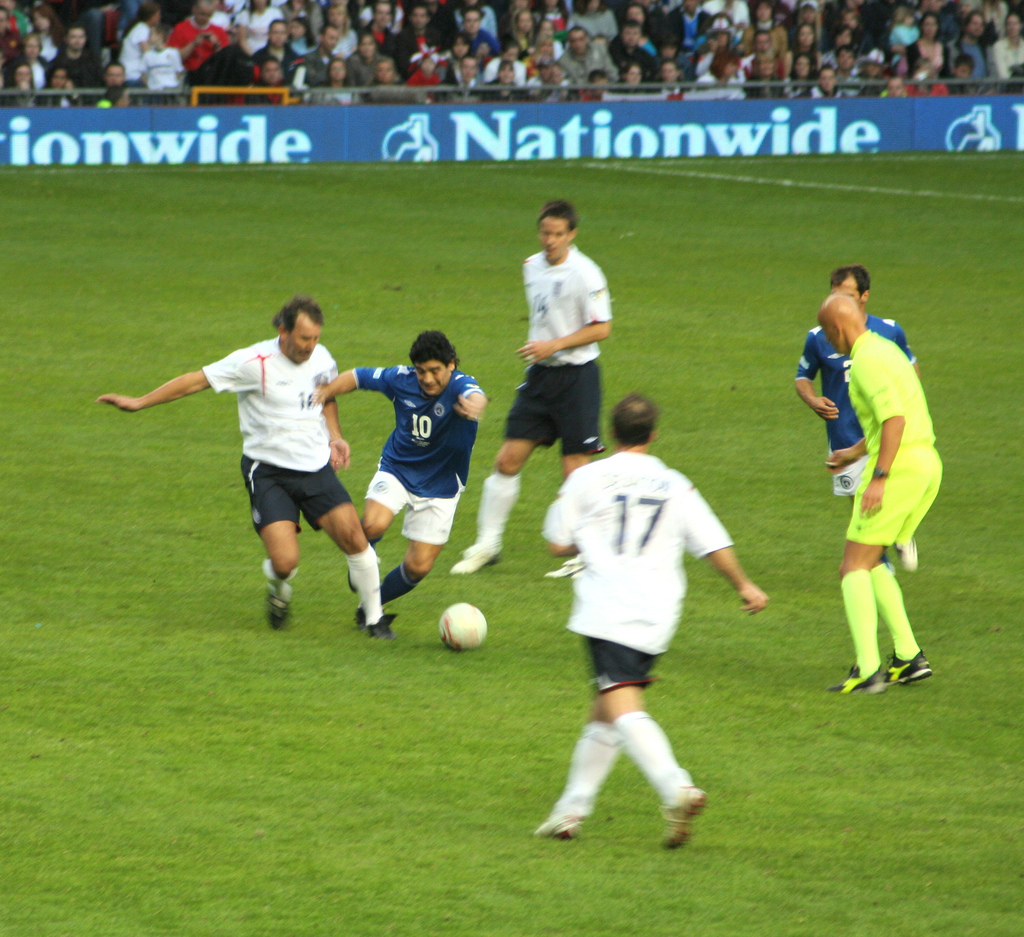
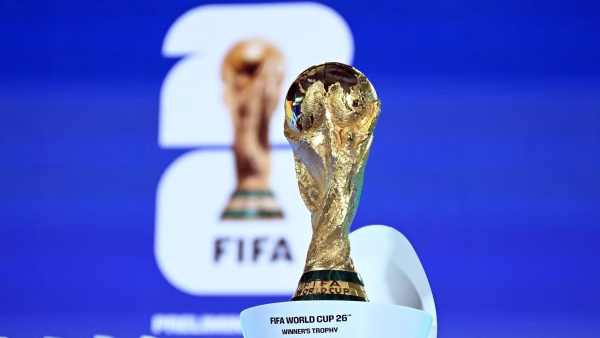
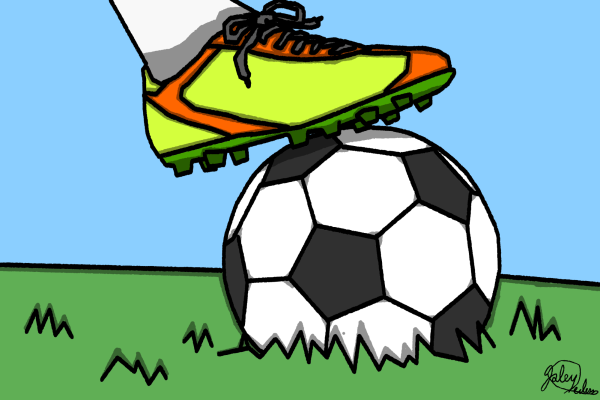
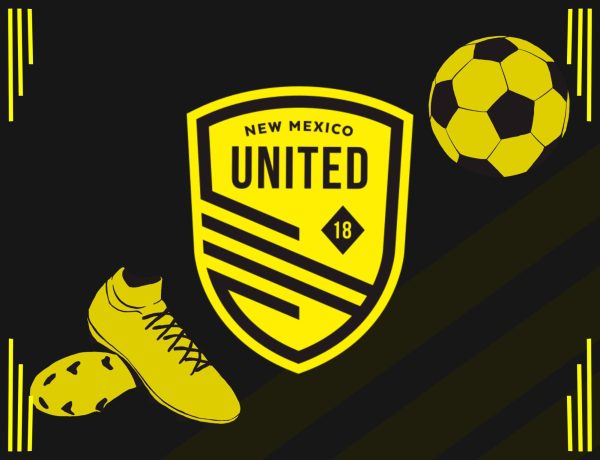

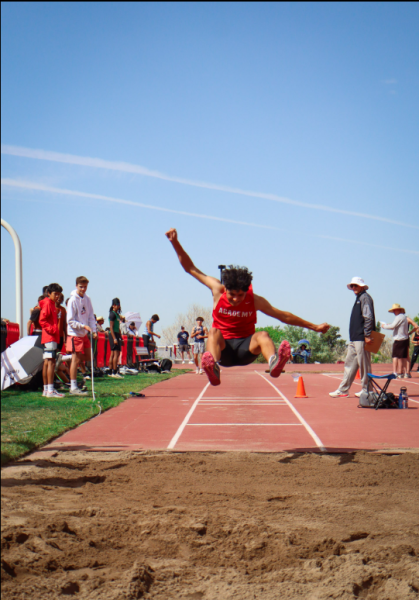


Uzair Hammad • Dec 9, 2020 at 8:14 pm
Nice article Mireya!
Christine Lenhart • Dec 2, 2020 at 3:00 pm
Thanks for writing this amazing article. It is well-written and contains many interesting facts.